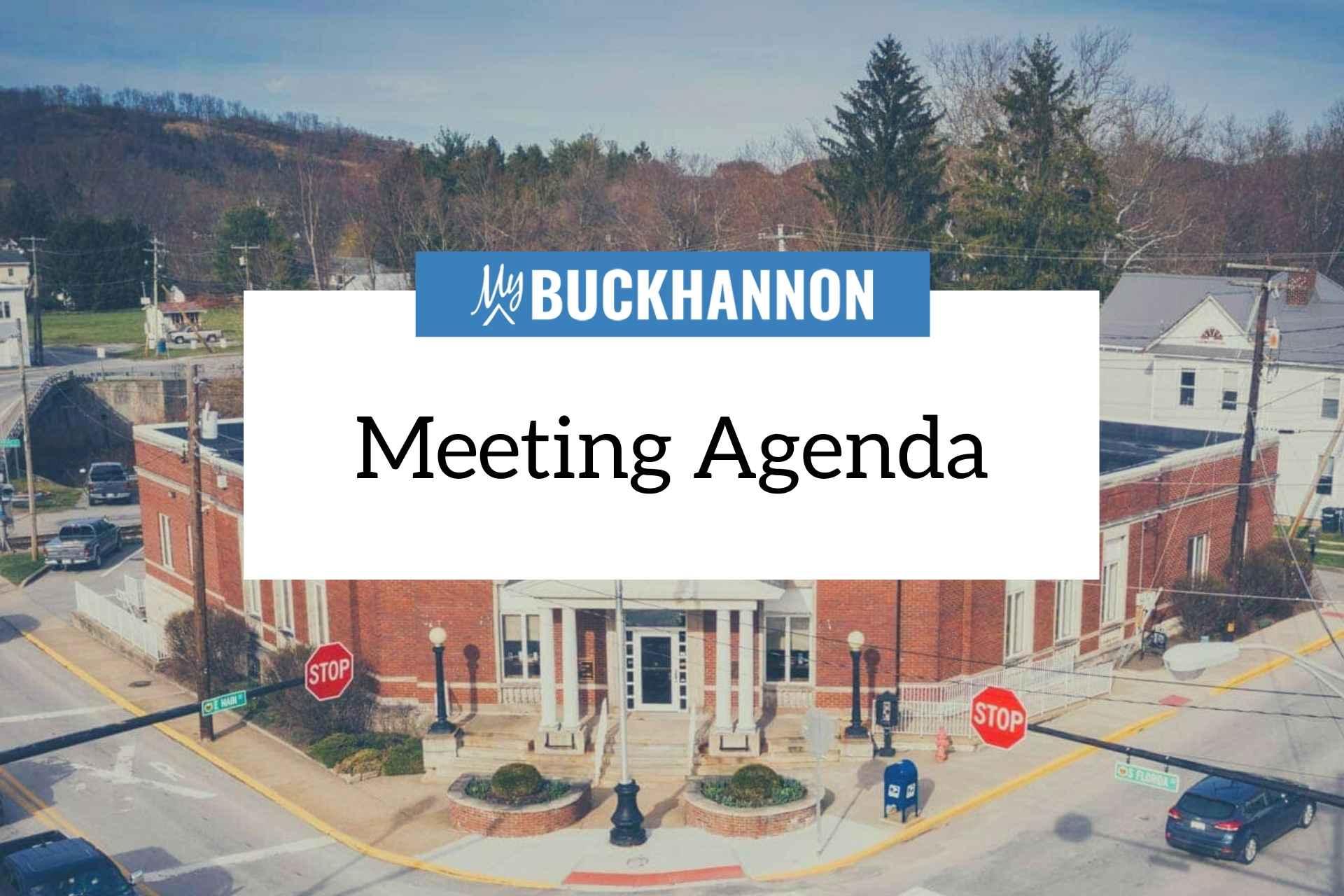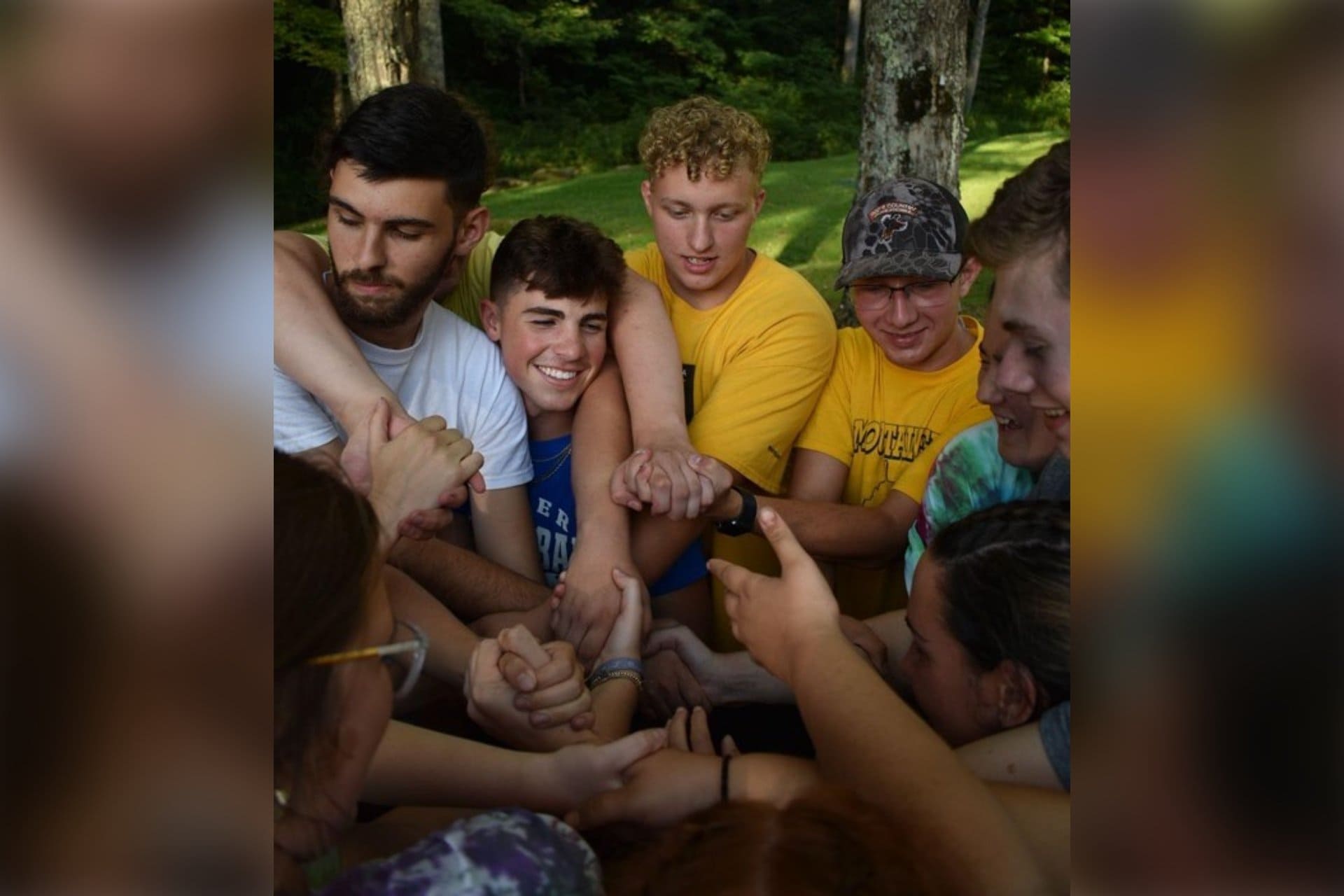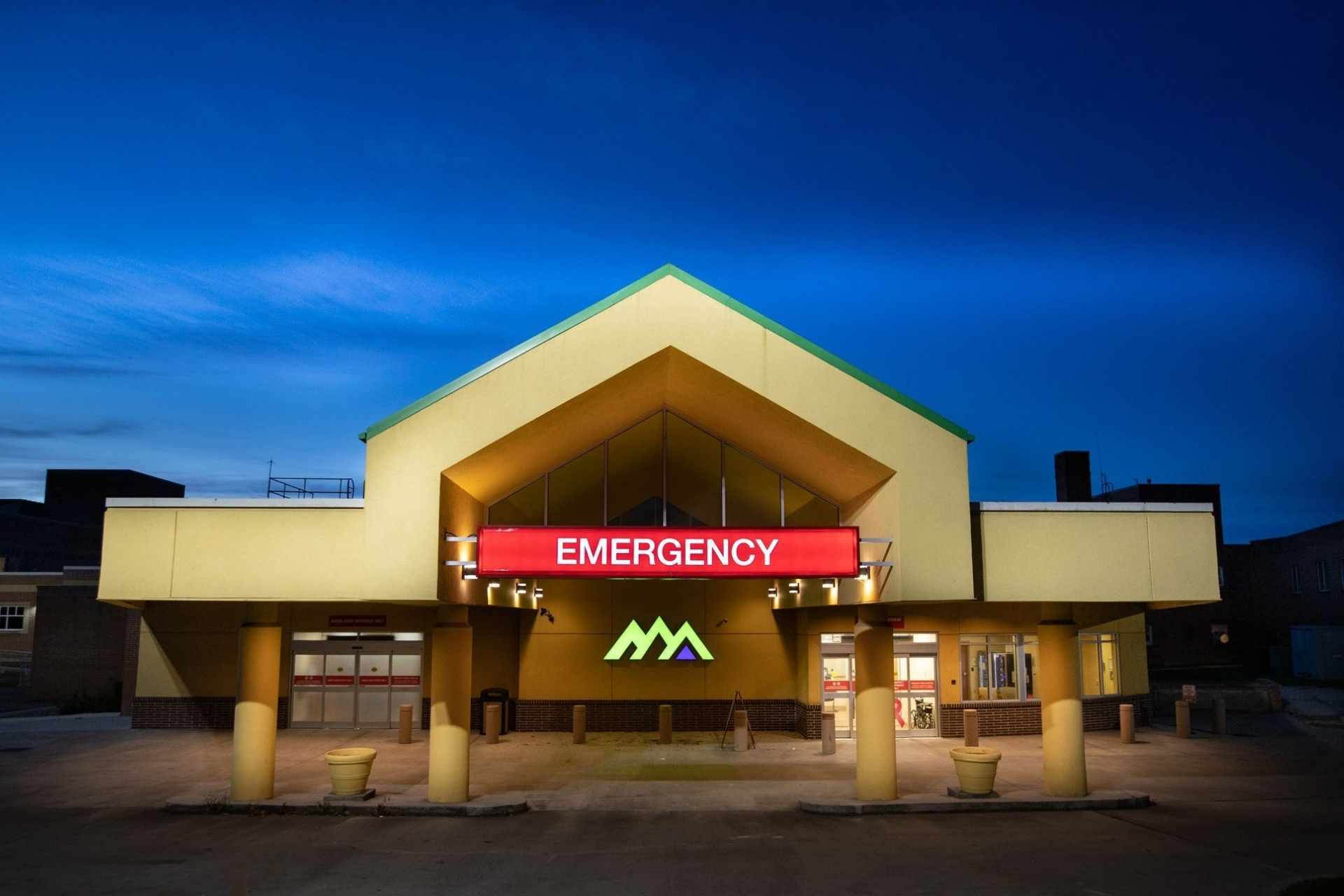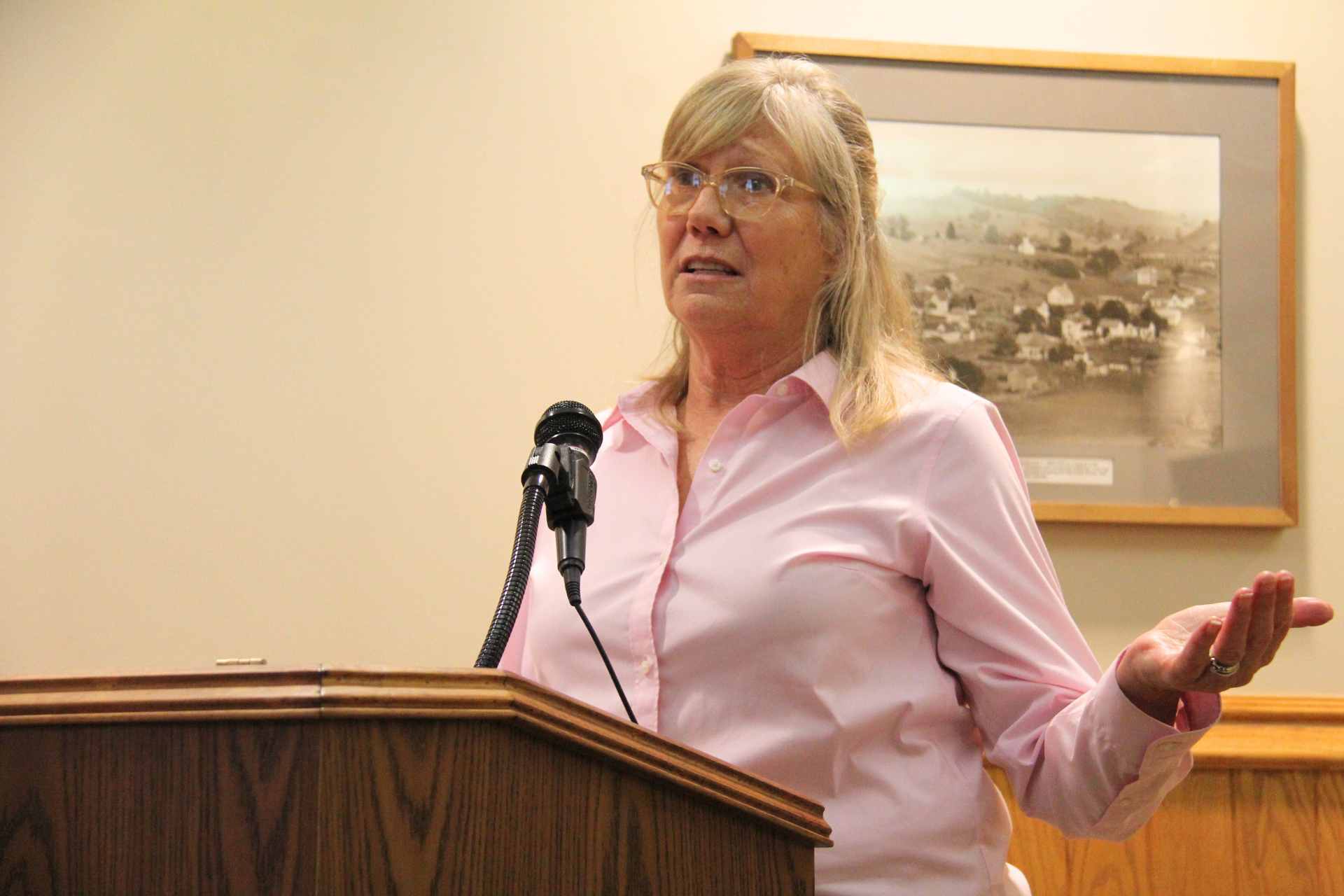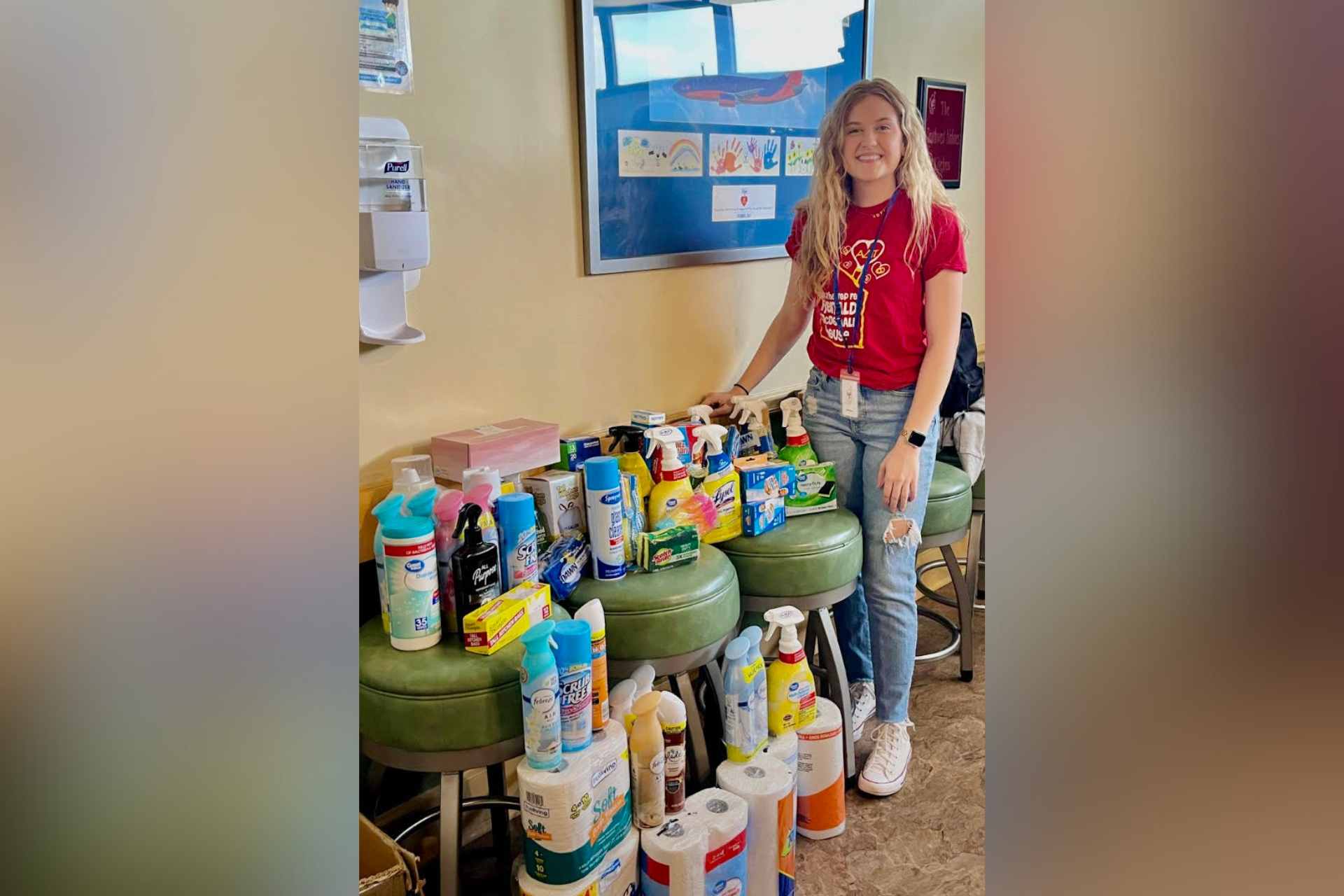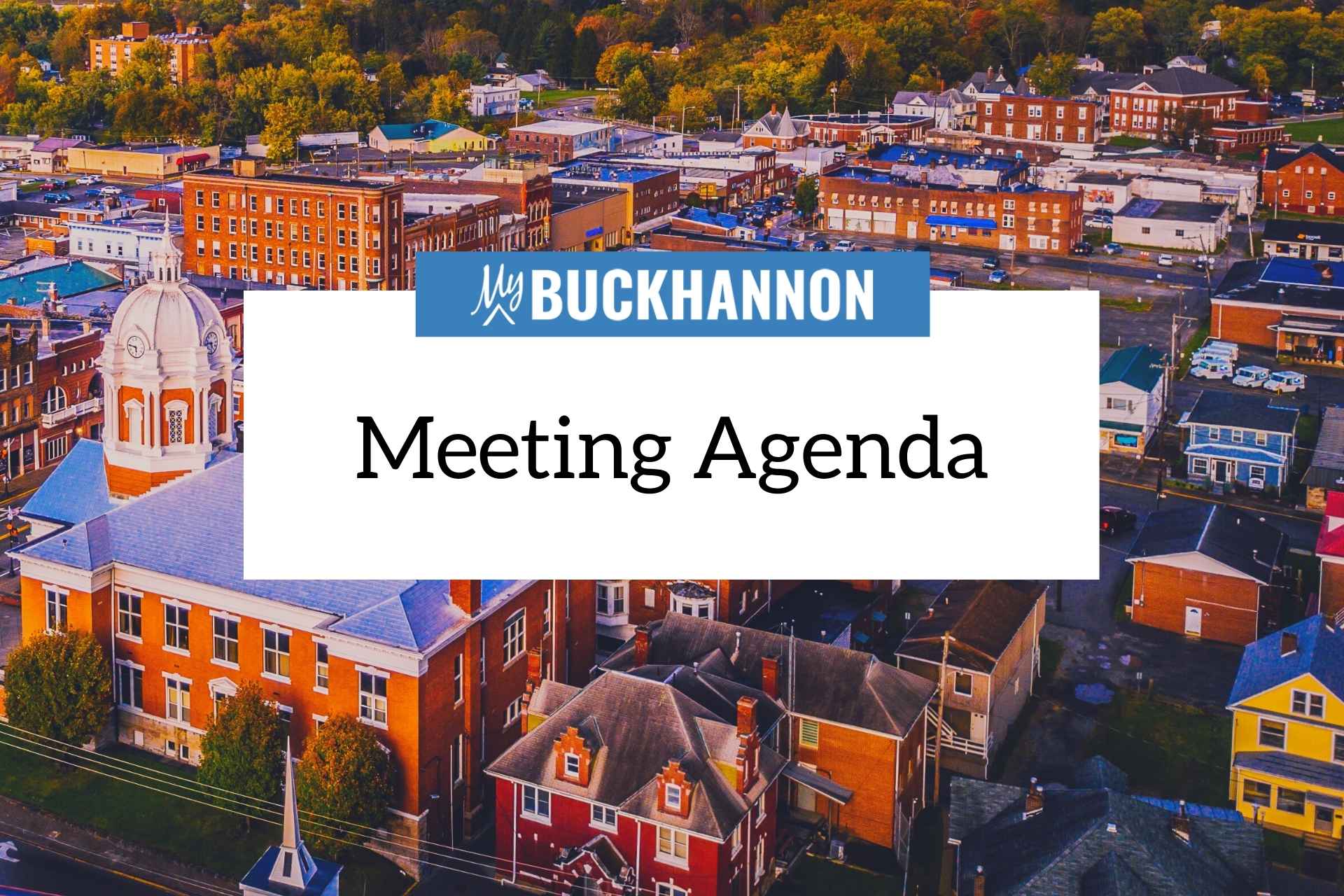Editor’s note: This story was originally published by Mountain State Spotlight. Get stories like this delivered to your email inbox once a week; sign up for the free newsletter at https://mountainstatespotlight.org/newsletter
By Mountain State Spotlight Staff
The three largest drug distributors in the United States cannot be held liable for the opioid crisis that has racked Huntington and Cabell County, a federal judge has ruled.
Nearly a year after the landmark trial in Charleston ended, U.S. District Judge David Faber sided with the companies: AmerisourceBergen, Cardinal Health and McKesson.
“The opioid crisis has taken a considerable toll on the citizens of Cabell County and the City of Huntington,” the judge wrote in his ruling. “And while there is a natural tendency to assign blame in such cases, they must be decided not based on sympathy, but on the facts and the law.”
The city and county had argued that the companies created a “public nuisance” because of the sheer numbers of opioid painkillers they shipped to the area over several years.
Lawyers for the drug distributors argued that West Virginia’s public nuisance law was meant to provide communities relief from situations like polluted air or water from a single factory or business.
Faber agreed with the companies that the city and county shouldn’t be allowed to use the state’s public nuisance law that way.
The judge noted that none of the West Virginia cases involving the state’s public nuisance law was focused on the sale or distribution of a product, such as opioid painkillers. “The extension of the law of nuisance to cover the marketing and sale of opioids is inconsistent with the history and traditional notions of nuisance,” he wrote in the ruling.
He wrote that two lower court rulings, in Marshall and Boone counties, that did allow public nuisance law to be applied to opioid distribution were “not persuasive” and were inconsistent with how the state Supreme Court has interpreted the law.
“To apply the law of public nuisance to the sale, marketing and distribution of products would invite litigation against any product with a known risk of harm, regardless of the benefits conferred on the public from proper use of the product,” the judge wrote.
The drug distributors also argued that they shouldn’t be held liable for the effects of the opioid epidemic, because all the companies did was supply prescription drugs to licensed pharmacies, as a result of doctors writing prescriptions.
“The volume of prescription opioids in Cabell/Huntington was determined by the good faith prescribing decisions of doctors in accordance with established medical standards,” Faber wrote. “Defendants shipped prescription opioid pills to licensed pharmacies so patients could access the medication they were prescribed.”
Lawyers for Cabell County and Huntington said that the companies shipped 81 million pills to a county with fewer than 100,000 residents over eight years. More than 700 people died of opioid overdoses in Cabell County between 2015 and 2020, according to the state Office of Drug Control Policy.
In their lawsuit, the city and county had asked for $2 billion from the drug distributors for a plan to, among other things, provide more behavioral health services and address the abuse of controlled substances through multiple generations.
On a state level, West Virginia had previously settled its lawsuit with the same three big drug distributors for a total of $73 million. But West Virginia counties, cities and other municipalities weren’t bound by that settlement.
They could have joined the national settlement with the drug distributors, and drug manufacturer Johnson & Johnson, that was proposed last year and finalized this February for $26 billion.
But Huntington and Cabell County officials, as well as dozens more across West Virginia, chose not to be part of the settlement and to pursue lawsuits against the drug companies.
Another trial, with dozens of West Virginia cities, towns and counties suing the same three big drug distributors, is scheduled to begin Tuesday in Charleston. Although this trial is in state court and being handled by Mercer Circuit Judge Derek Swope, many of the other participants, including the lawyers, are the same.






